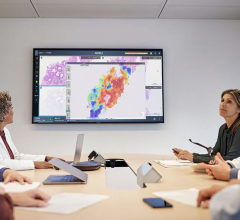September 28, 2007 —Significant variation in IT adoption exists across specialties, according to a national study released by the Center for Studying Health System Change (HSC).
The study examined whether physicians had access to information technology in their practices for the following five clinical activities: Obtaining information about treatment alternatives or recommended guidelines; accessing patient notes, medication lists or problem lists; writing prescriptions; exchanging clinical data and images with other physicians; and exchanging clinical data and images with hospitals. Physicians with access to IT for all five clinical activities were considered to have an electronic medical record (EMR).
Across primary care, medical and surgical specialties, significant variation in access to IT exists. Surgeons lagged medical specialists in access to IT for four of the five clinical activities—obtaining guidelines, accessing patient notes, writing prescriptions, and exchanging clinical data with other physicians, according to the study. Surgeons also were less likely to have all five clinical activities associated with an EMR. Primary care physicians lagged medical specialists in IT access for two activities, accessing notes and exchanging data with other physicians.
Oncologists were much more likely than the comparison group to have access to IT for guidelines and exchanging data with hospitals and physicians.
Among surgical subspecialists, ophthalmologists lagged the comparison group of general surgeons and other surgical subspecialists for all activities but obtaining guidelines.
For more information: www.hschange.com


 July 26, 2024
July 26, 2024 








